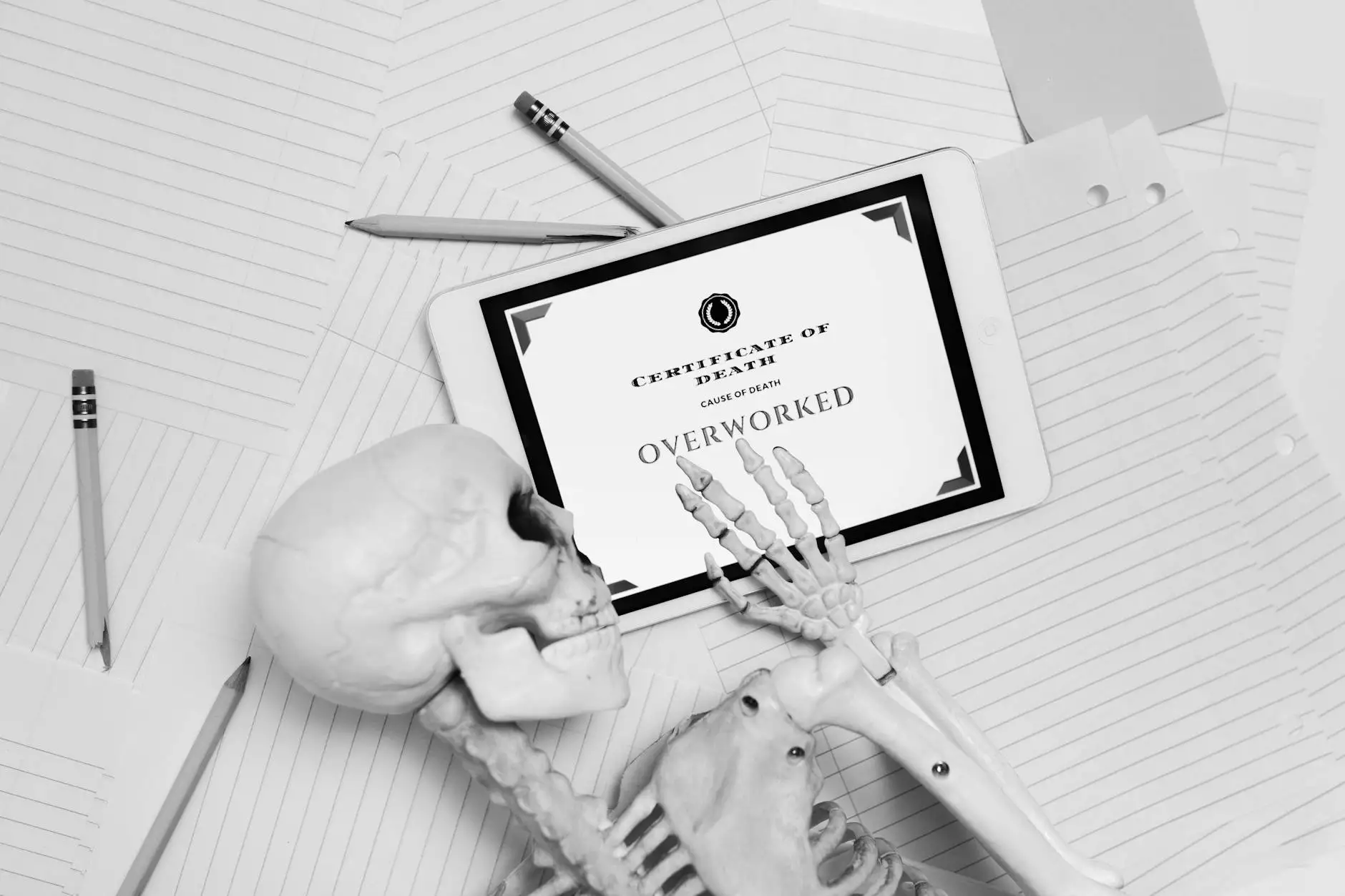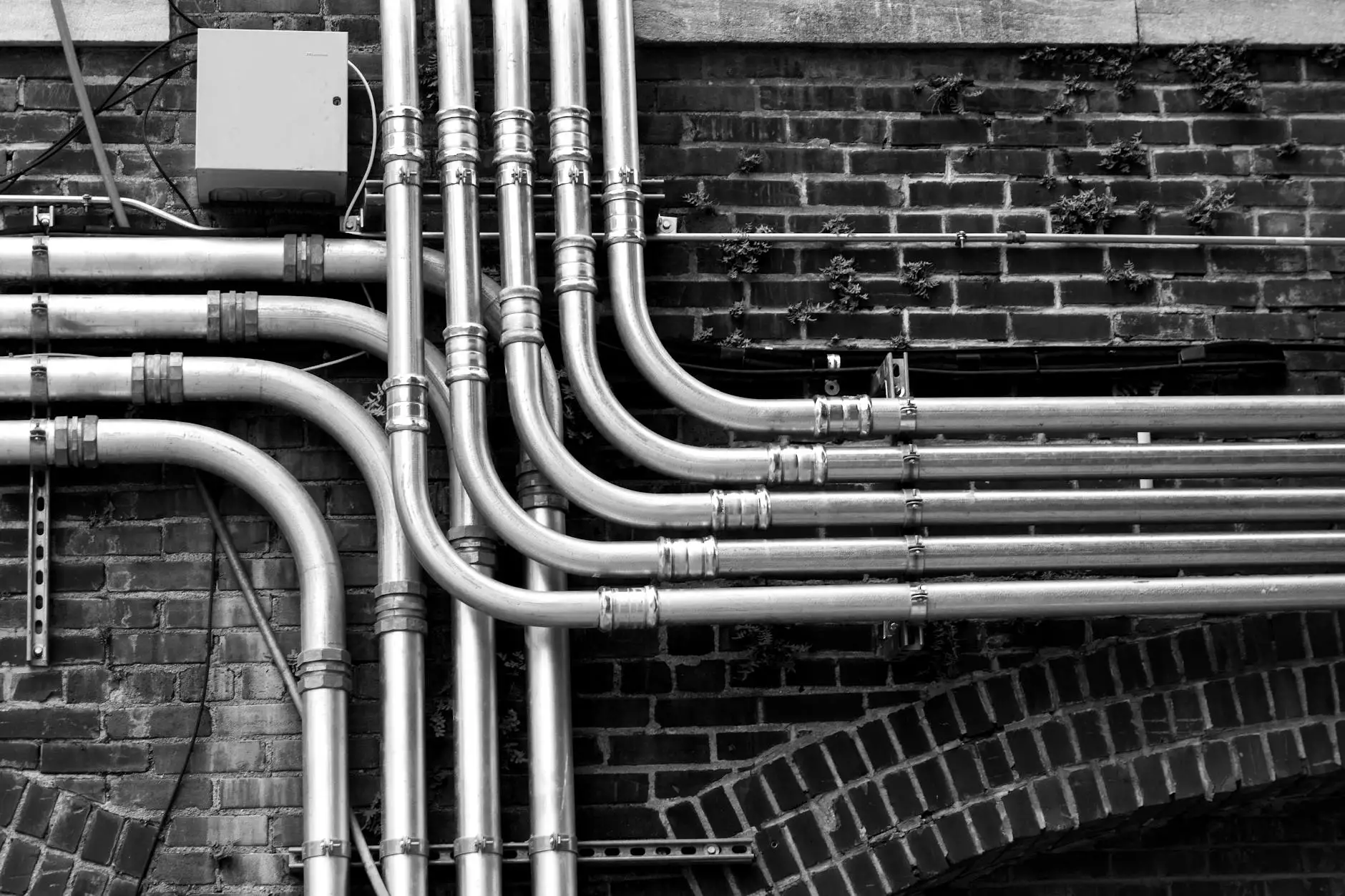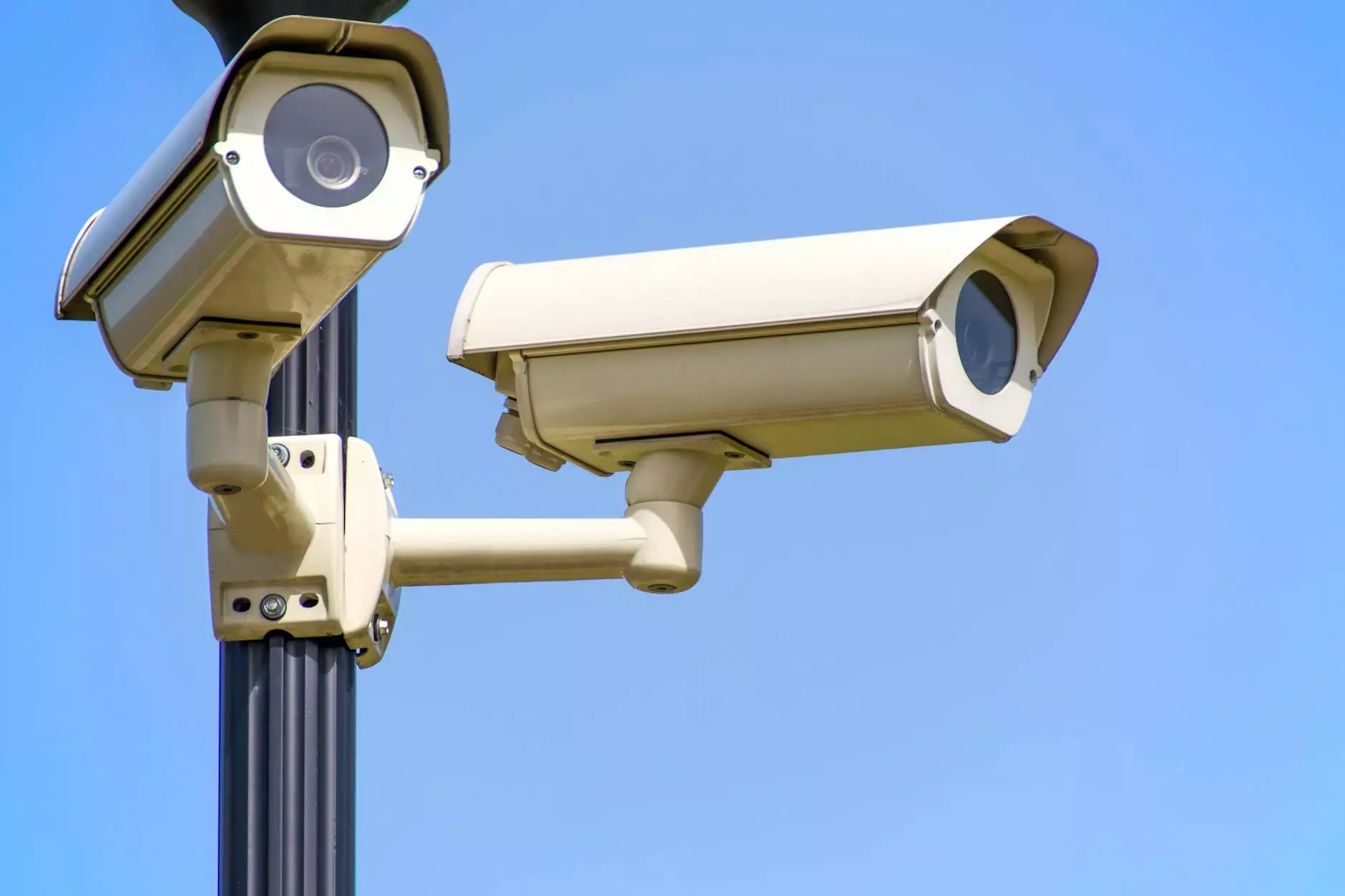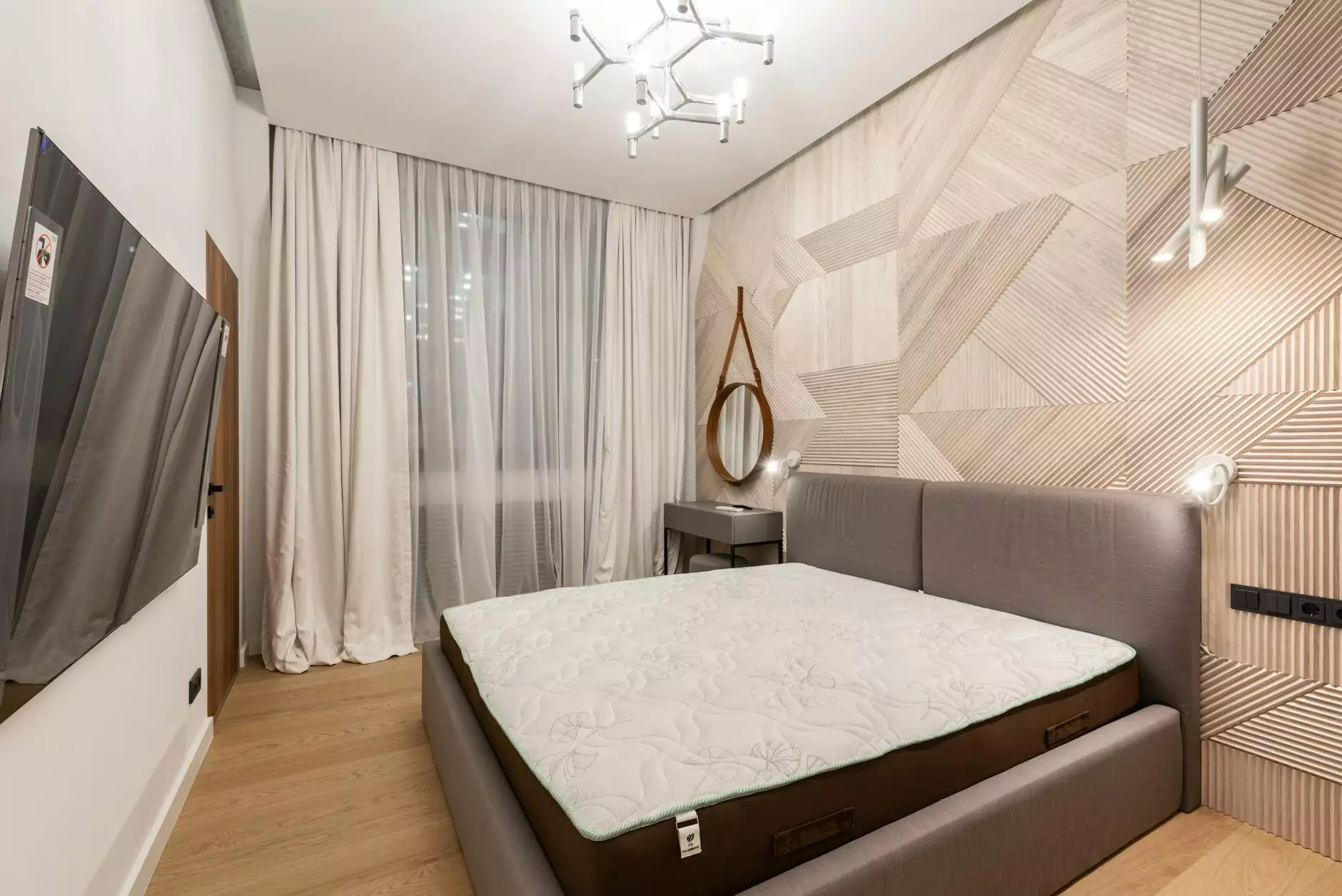What to Look for in a Commercial Lease
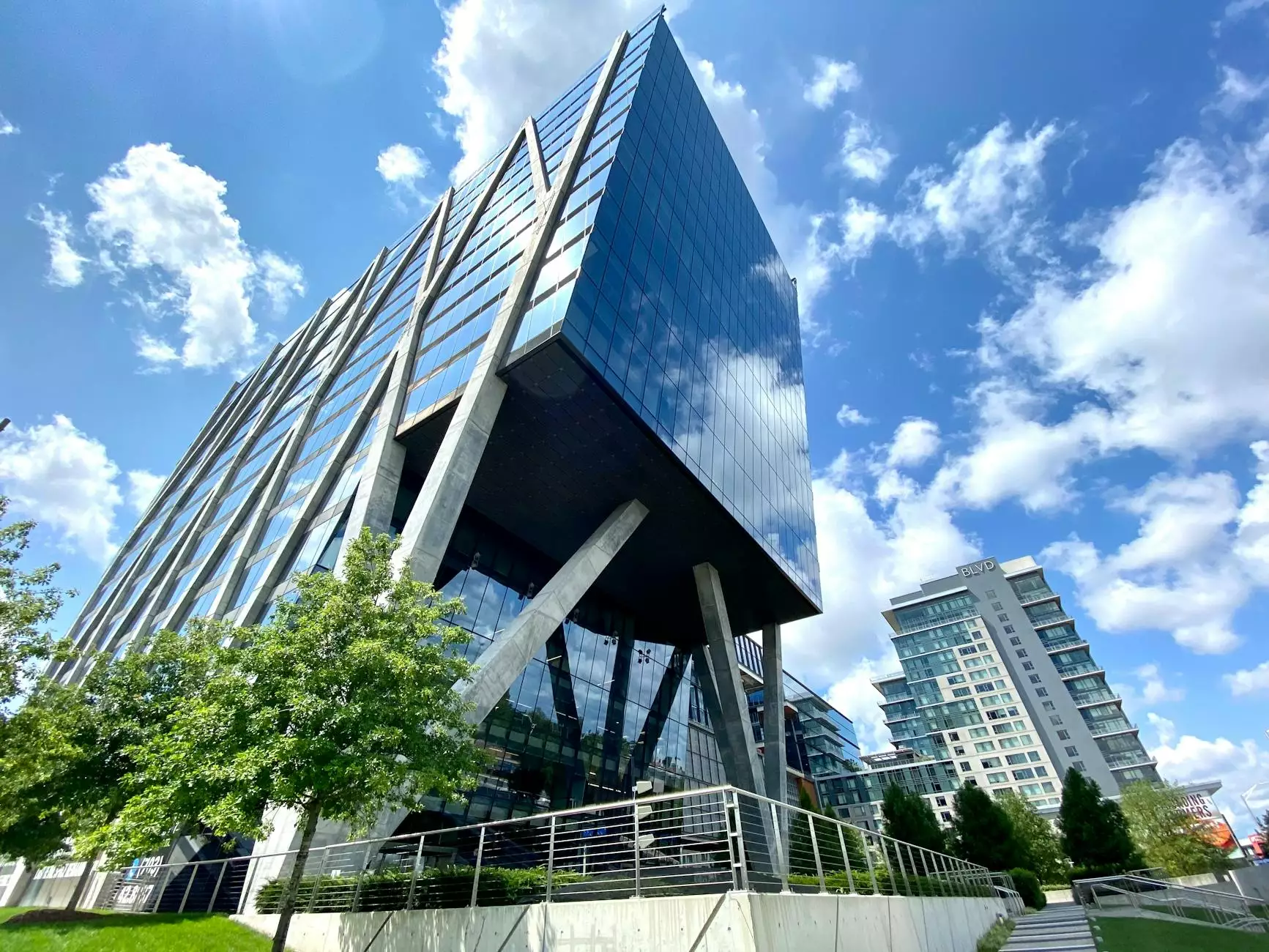
When it comes to establishing your business, selecting the right commercial lease is critical. A commercial lease is not just a contract; it’s a long-term commitment that can greatly impact your business operations, financial health, and overall success. Understanding the nuances of a commercial lease will empower you to negotiate terms that work best for your specific needs. This guide will explore what to look for in a commercial lease, ensuring you make an informed decision.
Understanding Commercial Leases
A commercial lease is an agreement between a landlord and a business tenant. It outlines the terms under which the tenant can occupy and use the property. The lease can vary significantly based on the property type, the agreement's length, and the specifics of the tenant's business operations. The most common types include:
- Gross Lease: The landlord covers most operational costs, including maintenance and utilities, while the tenant pays a fixed rent.
- Net Lease: The tenant covers property taxes, insurance, and maintenance costs, in addition to rent.
- Modified Gross Lease: A combination of gross and net leases, where some costs are shared between landlord and tenant.
Before entering into an agreement, it's vital to grasp the key factors that influence favorable leasing terms.
Key Factors to Consider
1. Lease Duration
One of the first decisions you’ll need to make is the duration of the lease. Commercial leases typically range from one year to ten years or more. Lengthier leases can provide stability but may also limit your flexibility. Consider your business model and projections when determining the lease duration.
2. Rent Amount and Increases
Understanding the rent is essential. Ensure you know the base rent and any additional costs. Ask these questions:
- What is the base rent?
- Are there annual increases, and if so, at what rate?
- Are increases tied to any indexes, like the Consumer Price Index (CPI)?
It's prudent to negotiate any proposed increases to prevent unexpected financial burden during the lease term.
3. Maintenance Responsibilities
Define who is responsible for property maintenance. This includes routine upkeep, repairs, and replacements. A clear understanding will prevent disputes later on and ensure that your business operations are not interrupted due to unforeseen maintenance issues.
4. Use Clause
The “Use Clause” outlines how you can use the space. You need to ensure this clause aligns with your business model. For example, if you’re a restaurant, check if there are restrictions on food service, hours of operation, or types of customers.
5. Zoning and Compliance
Make sure the property is zoned for your specific type of business. Compliance with local ordinances, safety regulations, and health codes is mandatory. This is a critical factor that can impact your ability to operate legally.
Lease Flexibility and Renewal Options
6. Renewal Terms
Always look for renewal options in your lease. Seek terms that allow you to extend your lease without substantially increasing your rent. This is especially important if your business is successful and you anticipate needing the space long term.
7. Subleasing Options
Consider whether you will be allowed to sublease if your business needs change. Flexibility can reduce potential losses if your business or space needs adapt.
Financial Considerations
8. Additional Costs
Identify all costs associated with the lease. This includes:
- Utilities
- Property taxes
- Insurance
- Maintenance fees
- Common area maintenance (CAM) costs
Understanding these components will help you evaluate the overall cost of leasing the space.
9. Deposit and Security
Be aware of the security deposit's amount and terms for its return. A high deposit could impact your cash flow. Negotiate this upfront to ensure it aligns with acceptable standards for your business.
Legal Considerations
10. Legal Review and Advice
Commercial leases can be lengthy and complex documents. It is advisable to have the lease reviewed by a legal expert familiar with commercial real estate. They can help identify unfavorable terms and advise you on negotiating amendments that work for both parties.
Location and Accessibility
11. Space Requirements
Consider whether the space meets your business's operational needs. Analyze not just the square footage but also:
- Layout and functionality
- Storage needs
- Parking for employees and customers
Space miscalculation can lead to costly consequences down the line.
12. Location Analysis
The location of your commercial lease can significantly impact customer traffic and overall business performance. Assess the surrounding area, customer demographics, and proximity to suppliers and transportation.
What Makes a Location Ideal?
An ideal location often includes:
- High foot traffic and visibility
- Nearby competitors that enhance business activity
- Accessibility for customers and deliveries
Negotiate the Terms
13. Negotiation Strategies
When it comes time to negotiate your lease, be prepared. Research comparable properties in your desired area and understand prevailing market rates. Don’t hesitate to negotiate for better terms, such as:
- Lower rent increases
- Tenants’ rights concerning signage and alterations
- More favorable terms regarding property maintenance
Remember, negotiation is a normal part of the leasing process, and you should feel empowered to advocate for your needs.
Finalizing the Deal
14. Review All Terms Thoroughly
Before signing the lease, take the time to review all terms and conditions meticulously. Look for clauses that could impact your business negatively, such as:
- Early termination penalties
- Escalation clauses for rent increases
- Limitations on renovations or alterations to the space
15. Seek Professional Guidance
As you finalize the lease, consider involving professionals. A commercial real estate agent can aid in finding suitable properties, while an attorney can help review lease terms. Their expertise ensures you're not missing critical details that could affect your business.
Conclusion
Choosing the right commercial lease requires careful consideration and due diligence. Understanding what to look for in a commercial lease equips you with the knowledge to make informed decisions that align with your business goals. By focusing on the essential factors outlined above, you can negotiate a lease that not only meets your current needs but also supports your growth and success in the long run. Remember, the right lease can serve as a solid foundation for your business to thrive.
For further assistance in navigating commercial leases and more, visit Antham Group, your trusted partner in achieving successful business operations.
